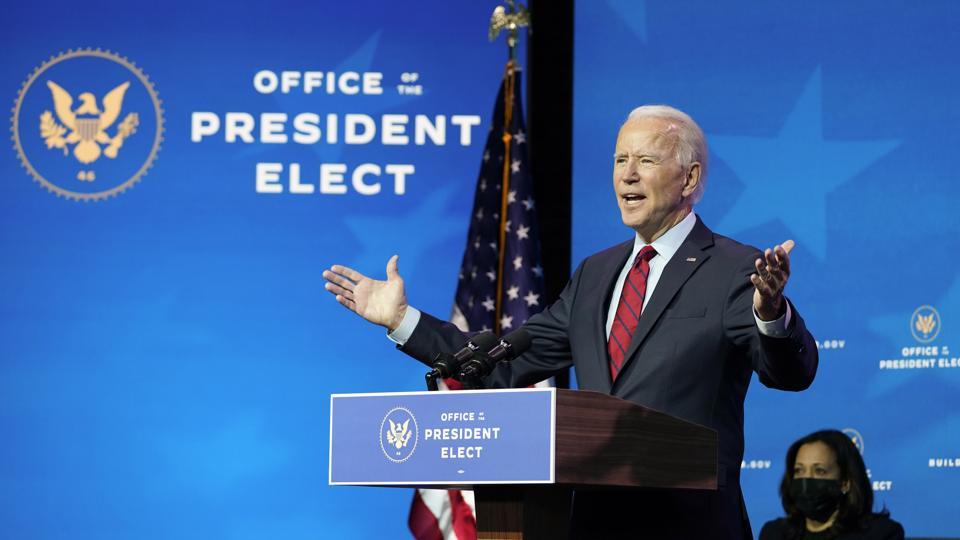

Let’s consider how the presidents have done. The authors attributed that to changes in Congress that have slowed down the lawmaking process. In a 2001 study, political scientists John Frendreis, Raymond Tatalovich and Jon Schaff determined that the presidents who followed FDR have not come close to his success levels in seeing proposed bills pass into law so early in their administrations. This flurry of activity became the standard by which future presidents would be judged. to insure bank deposits and the Tennessee Valley Authority to provide rural electricity. These bills created the Public Works Administration and the Civilian Conservation Corps to provide job opportunities, the Federal Deposit Insurance Corp. In the decades since, journalists, historians and political scientists continued the practice of looking for accomplishments in the early months of a presidency.ĭuring those 100 days, FDR got many major bills through Congress to battle the economic crisis of the Great Depression. In a July 24 Fireside Chat, FDR referred to “the crowding events of the 100 days which had been devoted to the starting of the wheels of the New Deal.” Rather, he had in mind measuring the New Deal achievements of the first 100 days of a special congressional session that year. FDR didn’t plan to put himself under scrutiny. Vice President John Nance Garner (left) affectionately pats the head of President Franklin D.


 0 kommentar(er)
0 kommentar(er)
